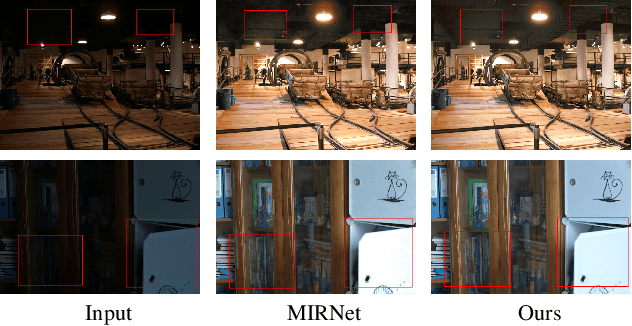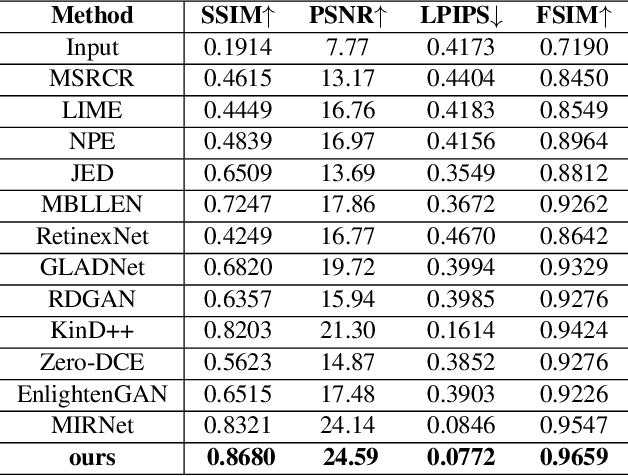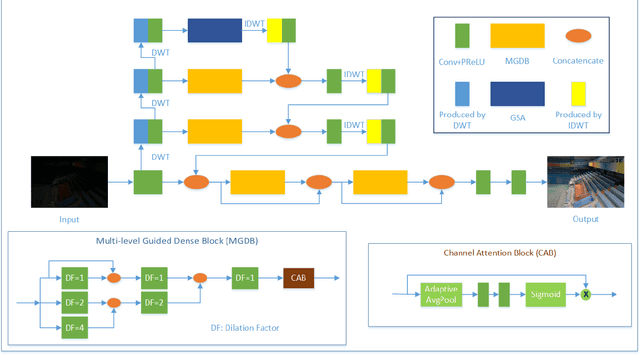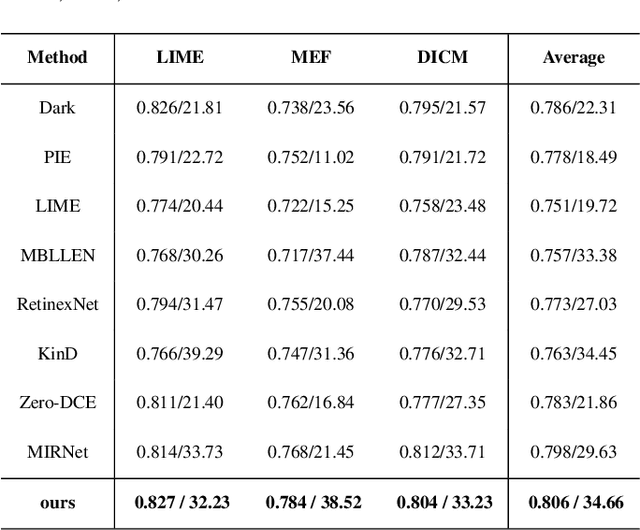Minghui Du
Rapid Parameter Estimation for Extreme Mass Ratio Inspirals Using Machine Learning
Sep 12, 2024



Abstract:Extreme-mass-ratio inspiral (EMRI) signals pose significant challenges in gravitational wave (GW) astronomy owing to their low-frequency nature and highly complex waveforms, which occupy a high-dimensional parameter space with numerous variables. Given their extended inspiral timescales and low signal-to-noise ratios, EMRI signals warrant prolonged observation periods. Parameter estimation becomes particularly challenging due to non-local parameter degeneracies, arising from multiple local maxima, as well as flat regions and ridges inherent in the likelihood function. These factors lead to exceptionally high time complexity for parameter analysis while employing traditional matched filtering and random sampling methods. To address these challenges, the present study applies machine learning to Bayesian posterior estimation of EMRI signals, leveraging the recently developed flow matching technique based on ODE neural networks. Our approach demonstrates computational efficiency several orders of magnitude faster than the traditional Markov Chain Monte Carlo (MCMC) methods, while preserving the unbiasedness of parameter estimation. We show that machine learning technology has the potential to efficiently handle the vast parameter space, involving up to seventeen parameters, associated with EMRI signals. Furthermore, to our knowledge, this is the first instance of applying machine learning, specifically the Continuous Normalizing Flows (CNFs), to EMRI signal analysis. Our findings highlight the promising potential of machine learning in EMRI waveform analysis, offering new perspectives for the advancement of space-based GW detection and GW astronomy.
Attention based Broadly Self-guided Network for Low light Image Enhancement
Dec 15, 2021



Abstract:During the past years,deep convolutional neural networks have achieved impressive success in low-light Image Enhancement.Existing deep learning methods mostly enhance the ability of feature extraction by stacking network structures and deepening the depth of the network.which causes more runtime cost on single image.In order to reduce inference time while fully extracting local features and global features.Inspired by SGN,we propose a Attention based Broadly self-guided network (ABSGN) for real world low-light image Enhancement.such a broadly strategy is able to handle the noise at different exposures.The proposed network is validated by many mainstream benchmark.Additional experimental results show that the proposed network outperforms most of state-of-the-art low-light image Enhancement solutions.
 Add to Chrome
Add to Chrome Add to Firefox
Add to Firefox Add to Edge
Add to Edge